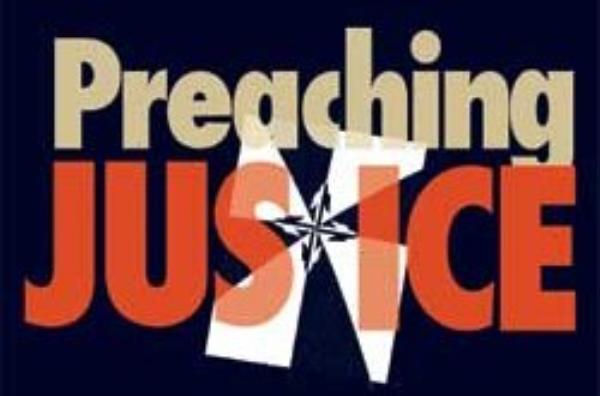Nearly two decades on from the end of the European Cold War, international relations theory is for the first time taking religious factors seriously while the flow of politics is, seemingly inevitably, drawn increasingly into a dialogue with new networks of “trans-national actors” from business to civil society and from terrorists to peace campaigners. Among these freshly recognised bodies are religious orders. Older than the modern international system itself, they are often responsible for more educational institutions than some governments and more “staff” than large corporations. More grounded in the poorest neighbourhoods of the planet than many secular non-governmental organisations, each major Catholic order has developed its own unique tradition about what might constitute “justice” in the public sphere and how a preferential option for the poor might be articulated in our globalising world. The present book is a breathtaking and awe-inspiring attempt to bring together in one five-hundred-page volume the modern fruits of one such order across the last century, the Order of Preachers, or Dominicans.
Dominicans by history are mendicants. The key features of the Order’s ethos are community life, prayer and study as the ground for preaching and the pursuit of “truth”. The Order is also steeped in the philosophy and theology of one of its greatest members, St Thomas Aquinas. These facets of identity come pouring through the pages of this work as it introduces individual Dominican writers and fellowships from Britain to South Africa and from South America to mainland Europe, including the former Yugoslavia. There is new material that inspires as it uncovers the biographies of Friars who put their intellectual power at the service of the co-operative movement, trade union activism, peace organisations, pro-life bioethics and the resistance of state tyranny under European communism, South American autocracy and South African apartheid. Quite rightly for an Order that is justly proud of its democratic governance and commitment to institutions, the book also describes Friars who have founded new institutions to embed these principles.
And yet while these great men of a great Order do inspire and point towards a powerful and largely unrecognised social tradition from which we have much to learn, this wonderful volume also provokes unease, for at times its foundational frame of reference seems not to capture the full significance of the quality of the characters to whom it is seeking to do justice.
Aidan Nichols’ essay, for example, on the English Dominican tradition gives a sense at times of being quietly horrified that some Friars gave much time to the study of the “new left” in the late sixties and early seventies. Consequently, while Fr Nichols’ attempts to elucidate the significance of this moment of ferment are not unhelpful, they are notable for their lack of insight into the significance of which particular part of the “new left” it was that attracted Dominican writers (namely the literary-cultural strand of Raymond Williams). In turn this leads Nichols to under-estimate the achievement and influence of Herbert McCabe OP and others in bridging radicalism, communitarian philosophy and authentic Catholicism to influence a generation that includes leading Catholic NGO and political leaders today.
Likewise there is a sense in which the work of Albert Nolan OP in South Africa is equally misunderstood as it is described here. The sheer violence of the apartheid regime seems almost absent as Nolan’s contribution is set before us.
But perhaps these two examples go to the heart of the book’s core conundrum: In describing itself as a work of “social” ethics it locates itself at the outset within a particular prism of reflection to which many readers will want to respond, “but are not all Catholic ethics social?” In doing so, Preaching Justice may be at risk of foreclosing on crucial aspects of those especially who have struggled in particularly difficult historical situations and moments to re-present St Thomas for hard times. Consequently, the subjects of the collection whose work was importantly concerned with the social impact of class, an atomising common culture and power, are at risk of being sanitised here.
Notwithstanding these comments, the achievements of this collection should not be underestimated either. The editors have successfully herded a world class group of contributors into this volume and have expressed an intention to do so again to capture aspects of the Dominican tradition which could not be included this time… Dominicans are also female (and lay) and the women, at least, who are not included in Preaching Justice, will have their “platform” in a future edition.
In the new world in which we live, to have this exploratory study of a powerful trans-national tradition of social thought at hand is essential for all those seeking to come to terms with the potential role for religious bodies in the global system. Set alongside the work of the Franciscan Studies Centre at St Bonaventure University in the US and Jesuit reflections from Jon Sobrino in South America to Jack Mahoney in the UK, to name but two, it forms the kernel of a resource more concretely historical than many faith-based utterances. Preaching Justice is a “must read”, even if only as a prelude to a wider exploration of the ferment of the past and the possibilities for our future.
Francis Davis






